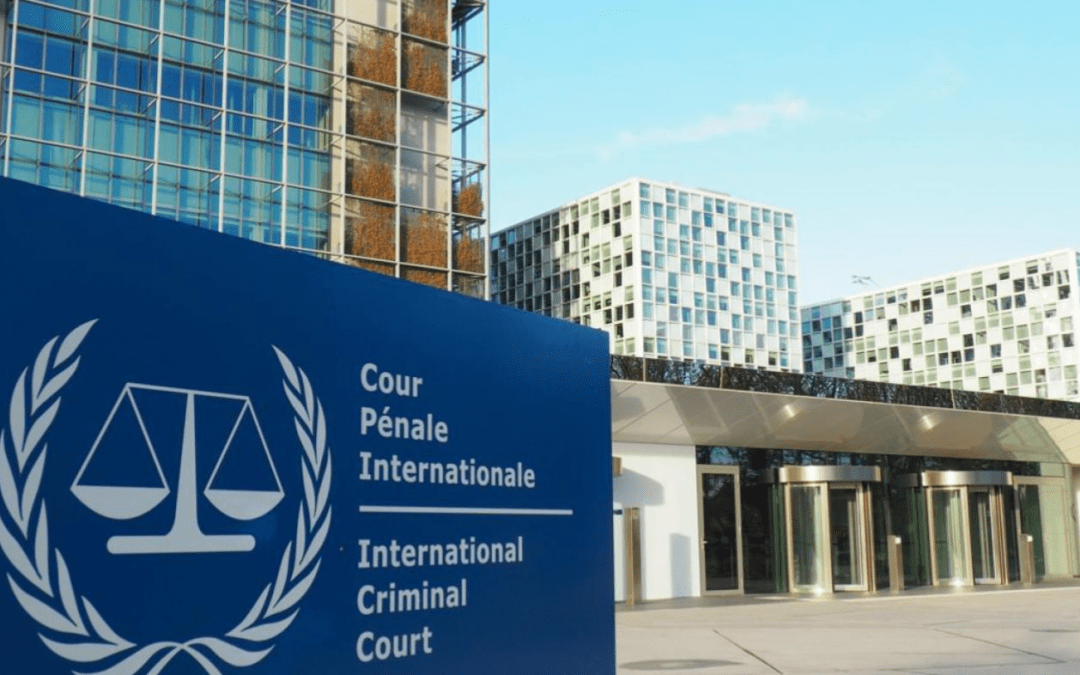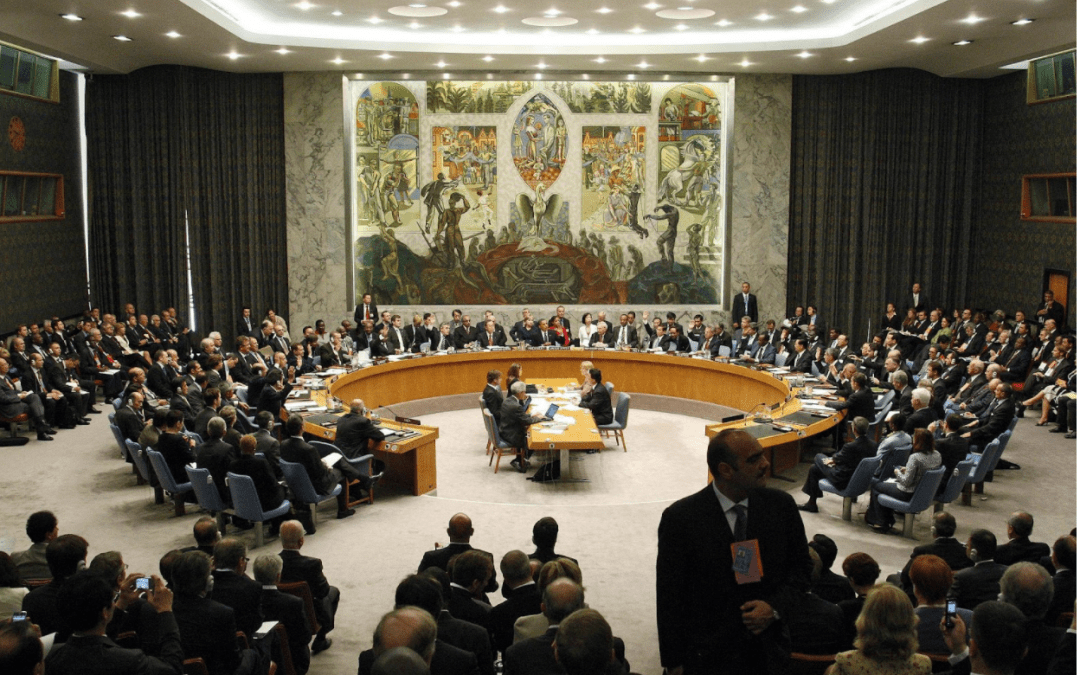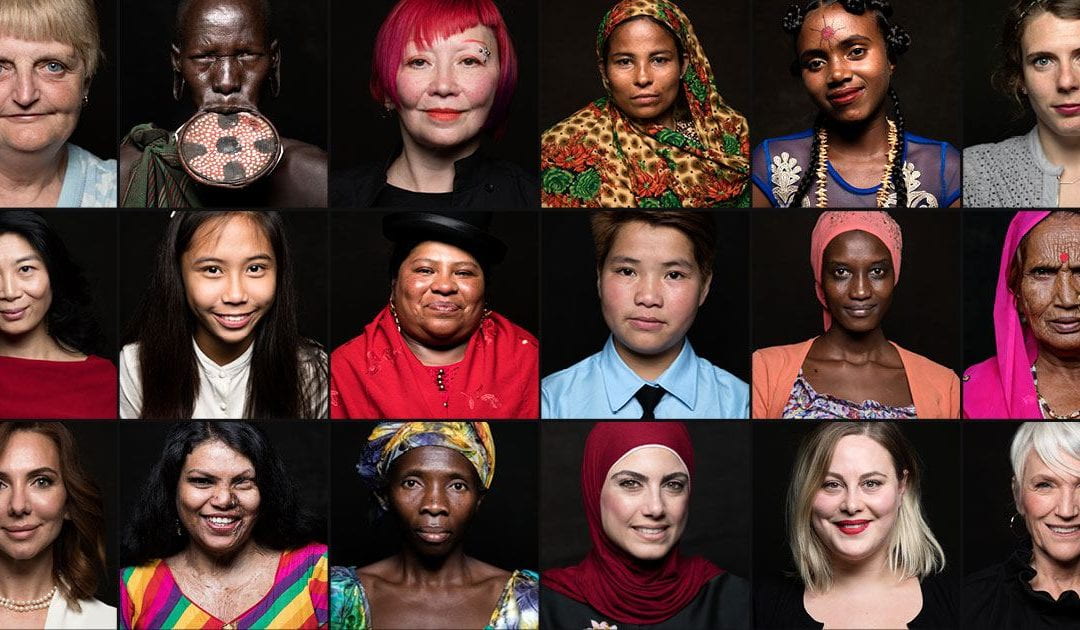
by Sarah Burns | Apr 4, 2022 | All, ICC, Uncategorized, United Nations
Background The concept of an international tribunal to prosecute accused perpetrators of violent crimes had been proposed countless times before the official establishment of the International Criminal Court (ICC) in 2002. It was first proposed in 1872 by Gustav...

by John LaLime | Apr 1, 2022 | All
Like most modern international institutions, the United Nations Security Council, and the United Nations itself, traces its origins back to the end of the Second World War. The Council – both exclusive and amorphous – possesses the power to make decisions that can...

by Sabrina Rodriguez | Feb 16, 2022 | All, CEDAW, Comparative Law, Europe, European Union, Human Rights, Middle East & North Africa, Public International Law, United Nations, Women
Overview Violence against women is a world-wide problem. It is not regional and it does not discriminate. It affects women of all cultures and religions. Even though statistics might be lower in Europe and The Americas, it is mostly due to them being more developed...

by Meredith Gusky | Nov 8, 2021 | All, Peacekeeping, Public International Law, United Nations
Who are the UN Peacekeepers? U.N. Peacekeepers are an enforcement mechanism of the United Nations, and their missions are composed of troops donated by member states. The U.N. peacekeepers duties are to: protect civilians, prevent conflicts, build rule of law and...

by Michael Friedl | Sep 30, 2021 | All, Arms Control, Disarmament, National Security, Public International Law, Space Law, U.S. Foreign Policy, United Kingdom, United Nations
The United Nations (UN) may rightfully be described as a universal and global international organization, with comprehensive subject-matter and geographic competency. Nevertheless, the scope of its activities even goes beyond the Member States’ territories. In fact,...






